About
The Compton Gardens & Arboretum

Compton Gardens & Arboretum is a 7-acre oasis of native gardens and woodlands nestled in the heart of downtown Bentonville, Arkansas. This stunningly peaceful sanctuary celebrates the rich biodiversity of the Ozarks while honoring the legacy of Dr. Neil E. Compton, a local physician, photographer, conservationist, and founder of the Ozark Society who led the fight to protect the Buffalo River.
Visitors can explore vibrant native plantings, tranquil trails, Champion Trees, and public art installations. Whether you’re walking, biking, or attending a community event, Compton Gardens & Arboretum is a living, growing tribute to nature, conservation, and community connection.
This space is provided by the Peel Compton Foundation, whose mission is to connect the community through nature, education, recreation, and preservation.
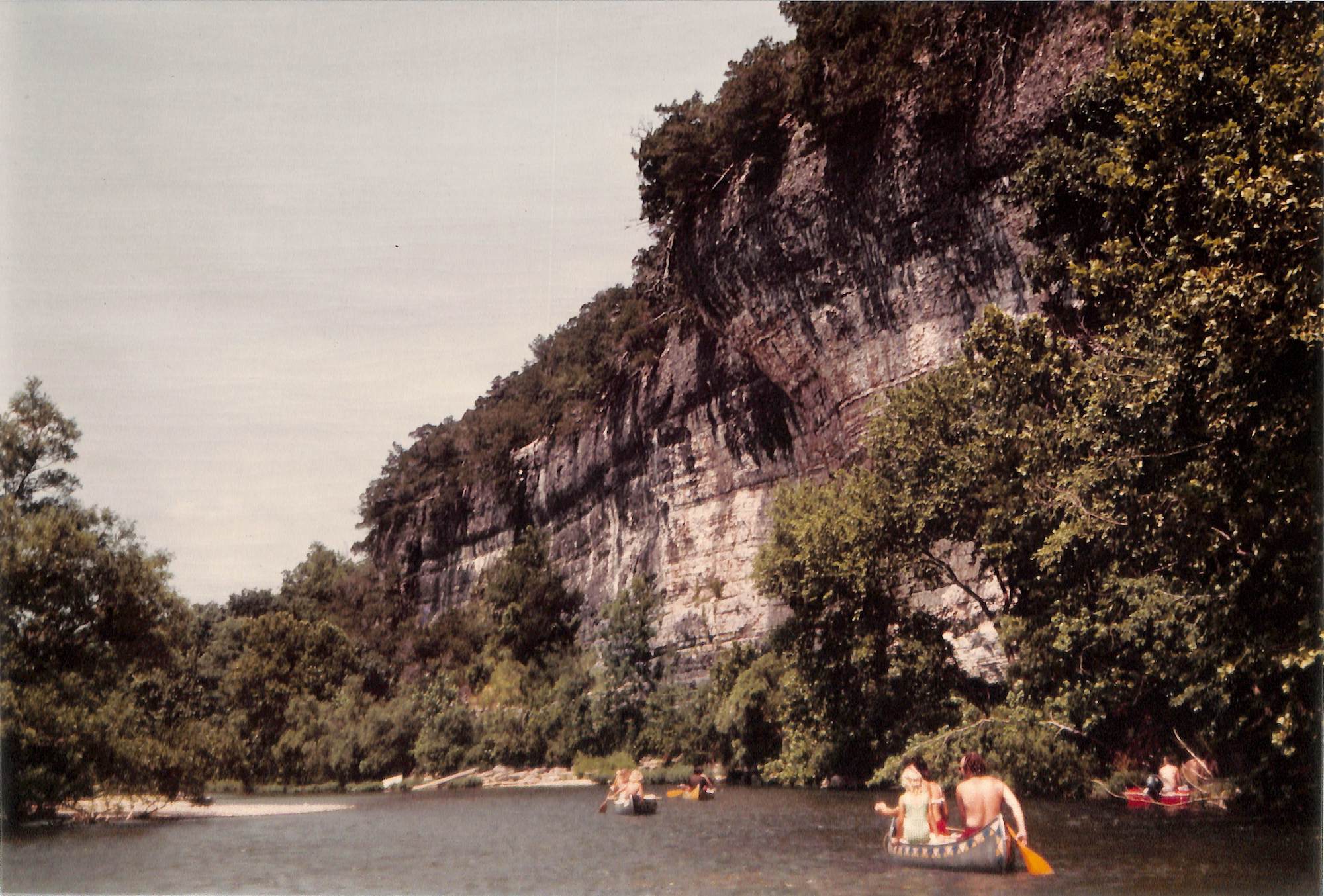
Our Mission
The mission of Compton Gardens and Arboretum is to provide a greenspace paradise that educates visitors about Arkansas native plants and history.
We aim to inspire the community about Dr. Neil Compton’s passion to preserve the Ozark landscape.
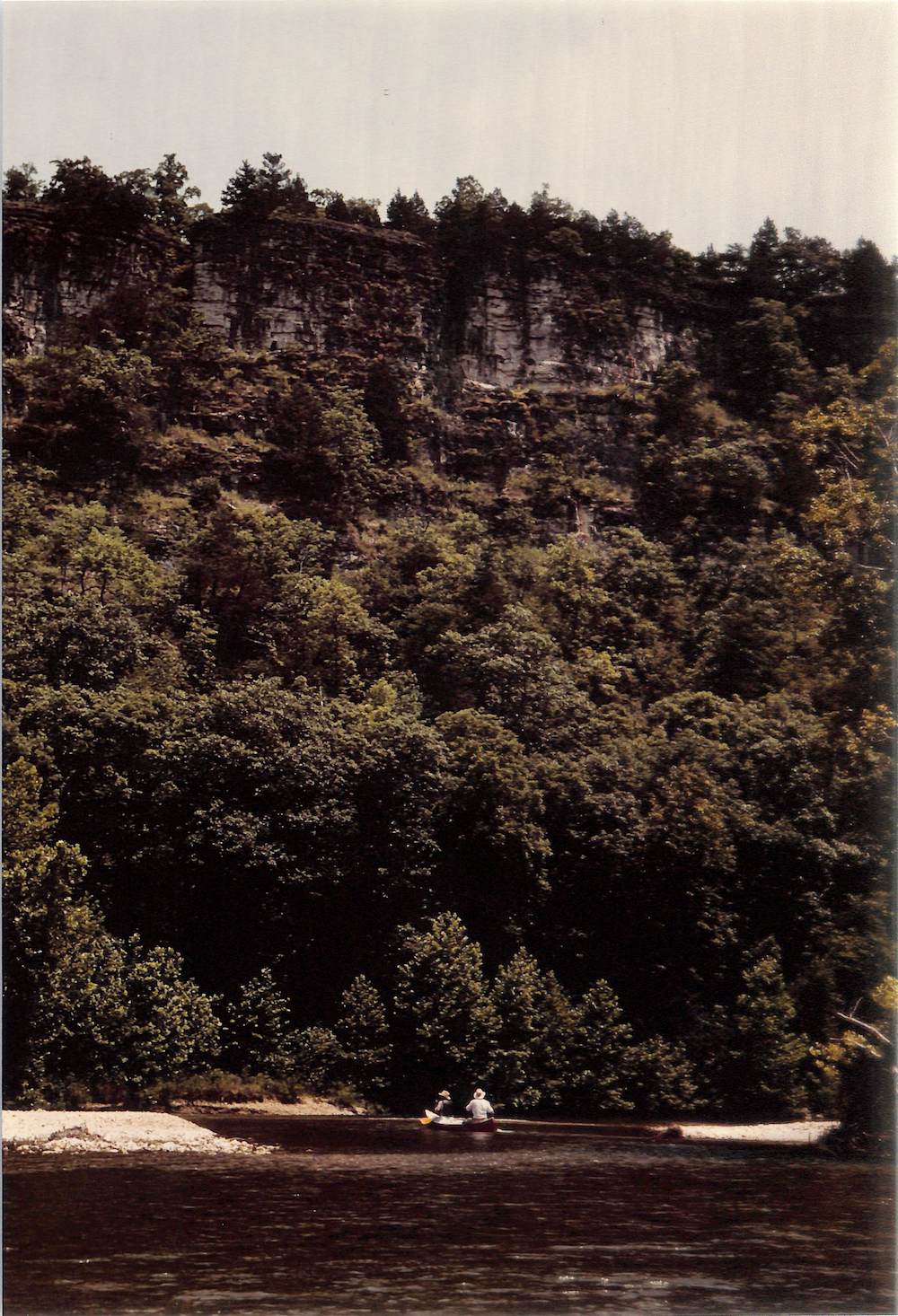
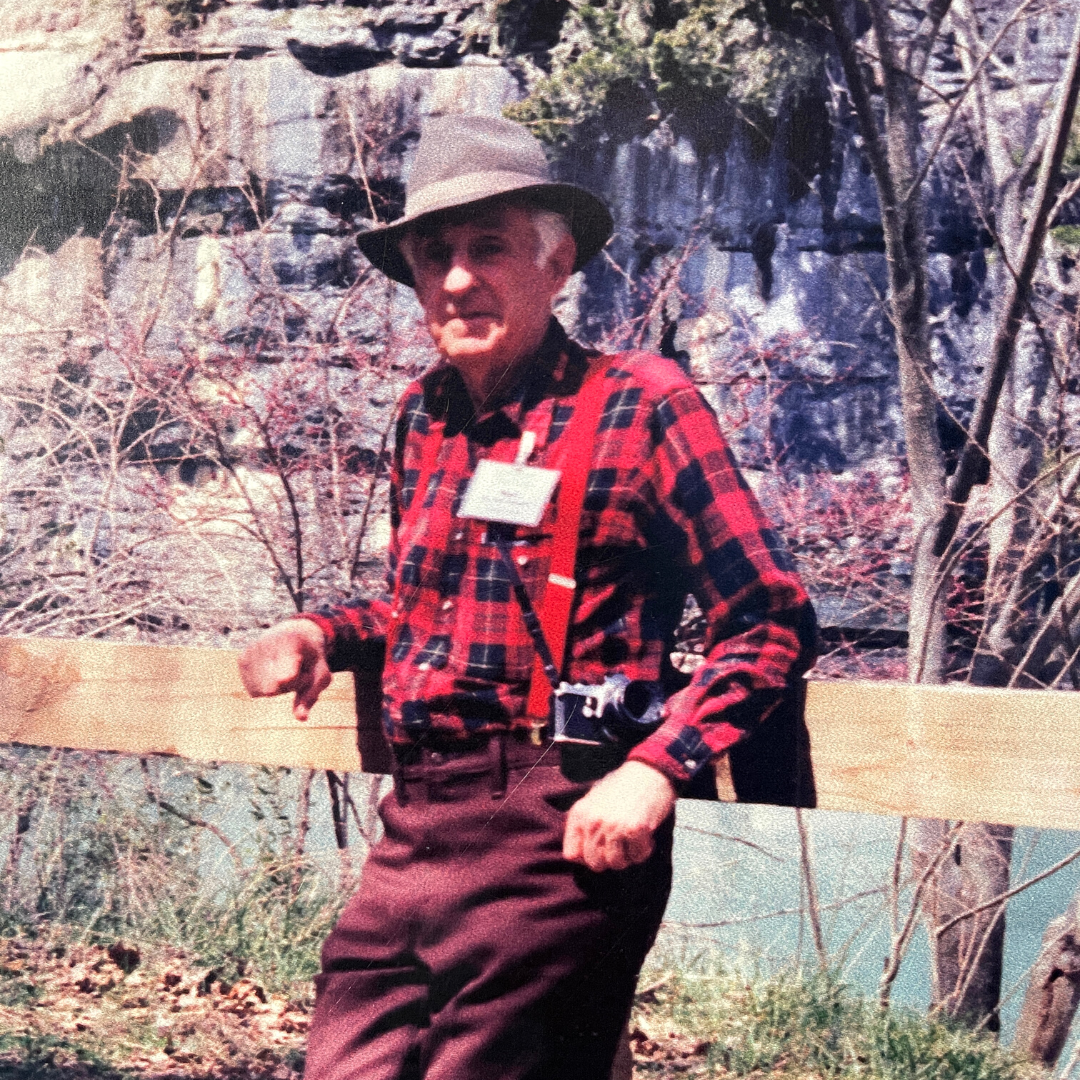
The Legacy of Dr. Neil E. Compton
Born in Benton County in 1912, Dr. Compton was a respected obstetrician and passionate environmentalist. In 1962, he founded the Ozark Society to Save the Buffalo River, successfully leading a decade-long grassroots effort to stop the U.S. Army Corps of Engineers from constructing dams along the river. Thanks to his advocacy, the Buffalo River became the first National River in the U.S. in 1972.
Dr. Compton lived on this property with his wife Laurene, their three children, and Laurene’s mother, Eddie Putman. The family home, now the centerpiece of Compton Gardens, was built in 1951 and originally designed by architect Cecil Stansfield. Dr. Compton filled the property with native plants and trees, a practice that would inspire the gardens’ long-term ecological vision.
In addition to his conservation work, Dr. Compton was an author and photographer, capturing the beauty of the Ozarks through both word and image. He passed away in 1999, but his impact continues to grow through the gardens and the ongoing work of the Ozark Society.
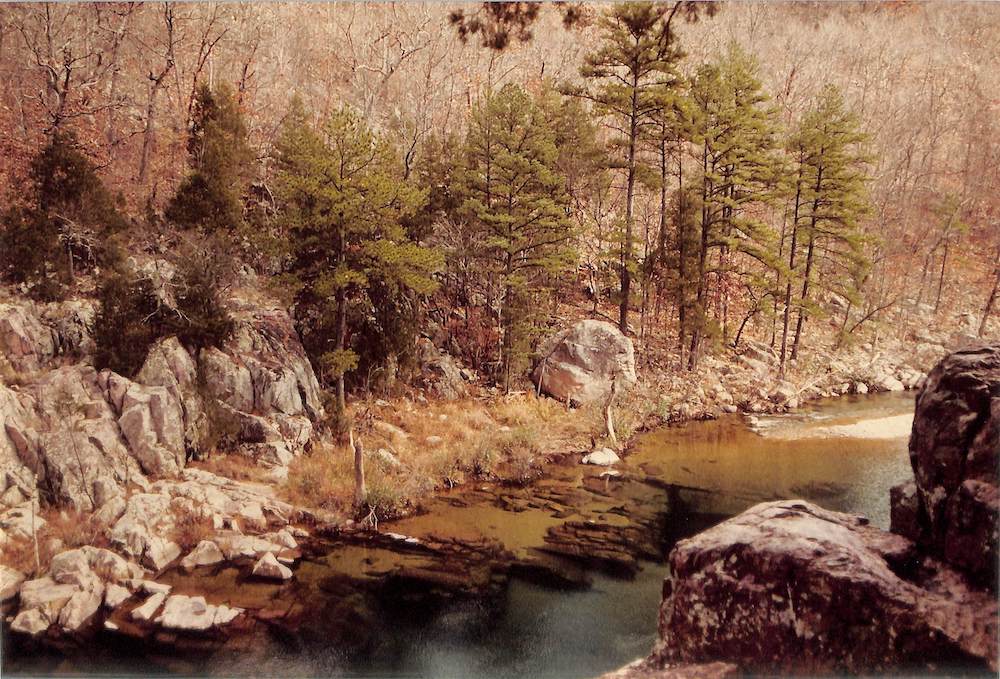
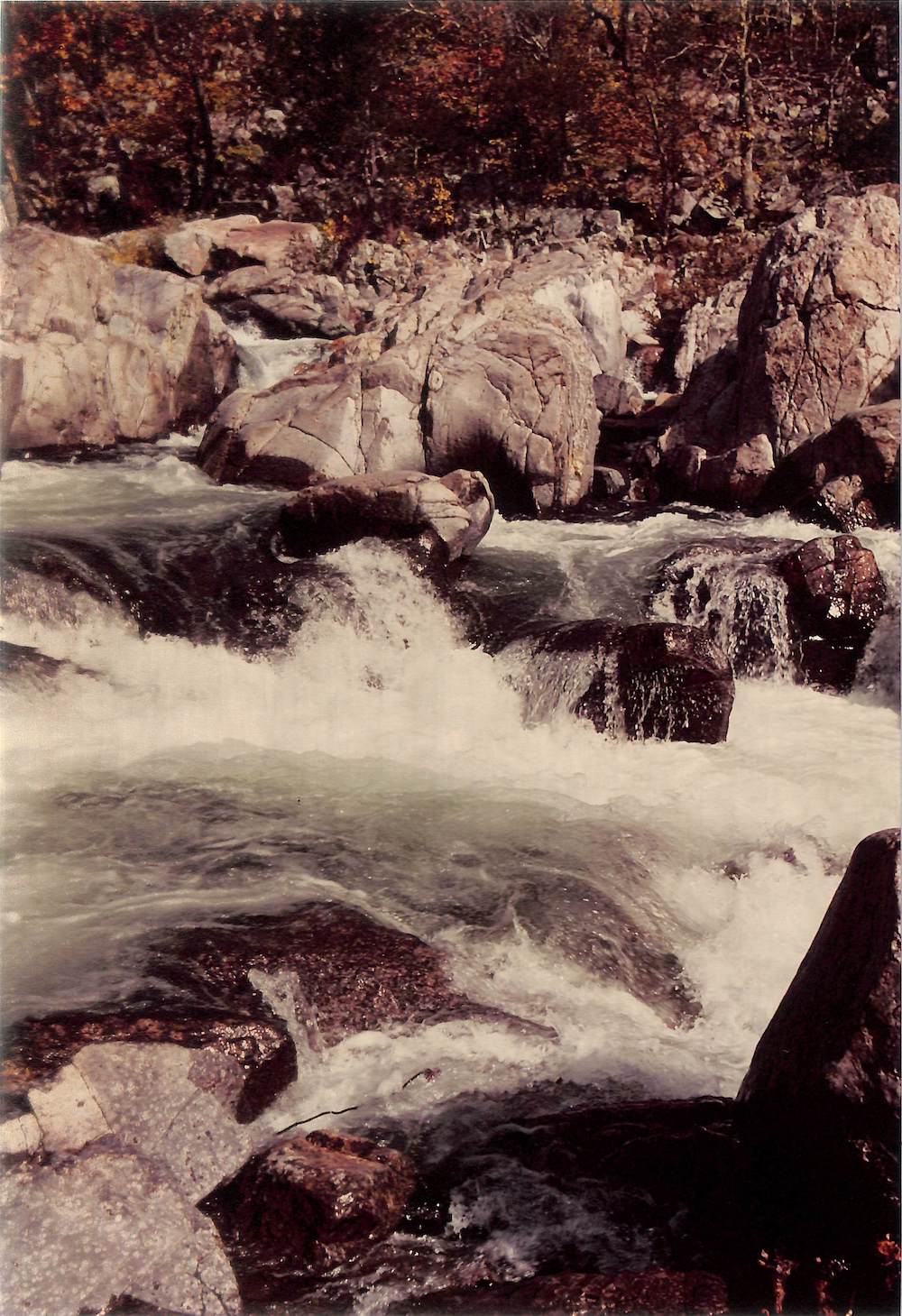
History of the Property
1951
The Putman-Compton family home was built on six acres of wooded land near downtown Bentonville.
1999
2004
2005
2010
2018
2020
2022
2023
2025
Today
Compton Gardens & Arboretum is now recognized as the only Level II Arboretum in the state of Arkansas. Highlights of the site include:
4 Champion Trees
the largest known specimens of their kind in the state
Native tree groves, meadows, seasonal waterfall, bridges, and curated gardens
Art installations and interpretive signage
Paved and soft-surface trails
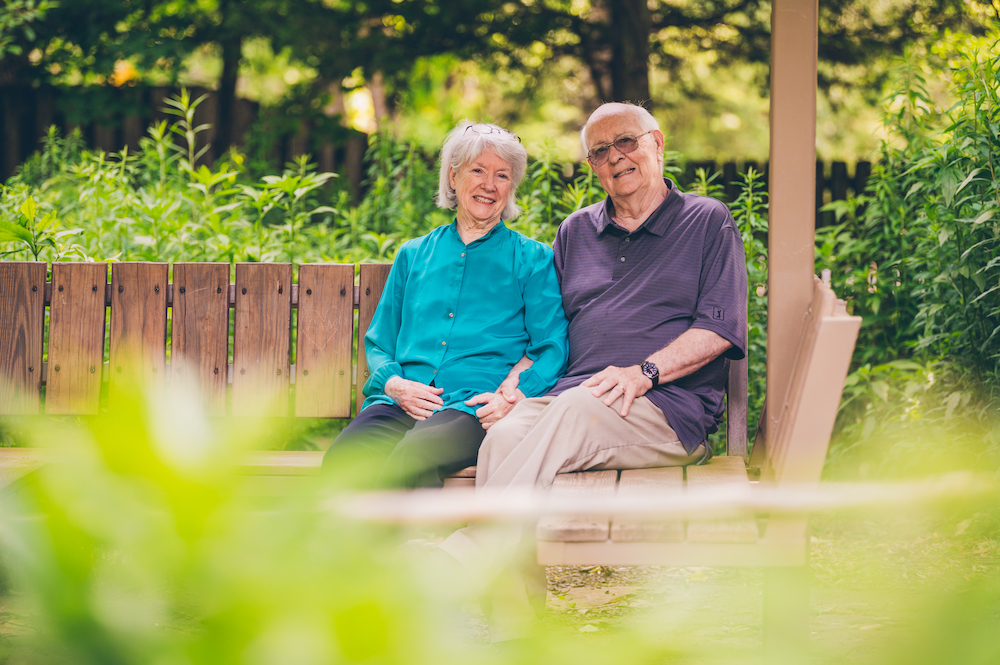
Contact Us
Contact us to learn more about what’s happening at Compton Gardens & Arboretum.
